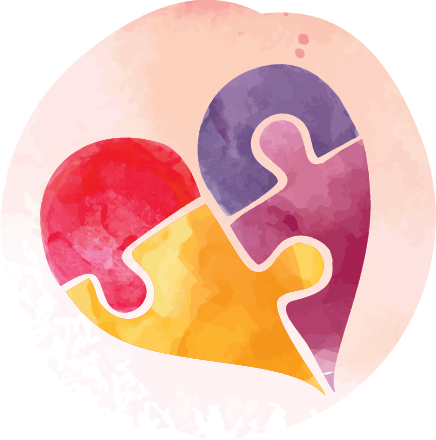Press











ABOUT Sam
SERVICES
Team Ruthless
EVENTS
GRIEFHAB™
PODCAST
RETREATS
shop
HEALING TOGETHER THROUGH THE HOLIDAYS - MAIN EVENT
HEALING TOGETHER - FOR A CAUSE: VIRTUALLY
HEALING TOGETHER - FOR A CAUSE: PILATES IN THE PARK - MICHIGAN
HEALING TOGETHER - FOR A CAUSE: VISIBLE - COLORADO
September 6-7
Jimtember Virtual Jubilee
blog
December 2nd - 8th / Metro Detroit AND VIRTUALLY
August 27th & 28th
August 30-31st
rUTHLESS IN THE ROCKIES
TEAM RUTHLESS
THE CONFIDENCE CONFERENCE
mOBILE rECOVERY dAY
Next event: September 10-23rd, Colorado
October 5-6th -
Virtual Event
September 30th, Castle Rock, Colorado
7 Groups Every week Plus Every Holiday
HEALING TOGETHER - FOR A CAUSE: Ride & ROAR - DALLAS
October 11 -12th
Stay Tuned!
FACES OF GRIEF
JOIN US
Calming Your Christmas Party Nerves
December 7, 2015
Christmas season is in full swing, which means people are busy planning and participating in holiday parties with friends, families, and co-workers. Holiday gatherings are great fun for many people, but some people experience severe anxiety at the prospect of having to socialize at these events.
Last week, I examined nine ways to manage anxiety in your everyday life. This week, I want to take a closer look at social events in particular and how to overcome the anxiety they may present.
Social Anxiety Disorder
Those who suffer from Social Anxiety Disorder get incredibly nervous when they are required to engage with (or simply be around) other people in a public setting. There are several different reasons a person might develop Social Anxiety Disorder, such as a history of bullying, sexual abuse, or serious family conflict. Their social anxiety typically becomes even more pronounced in two types of situations:
- When they are required to engage with people they do not know well / are not comfortable with.
- When they are required to engage with many people in a group setting.
- Increased Heart Rate
- Difficulty Speaking or Breathing
- Trembling
- Nausea
- Excessive Sweating
With the large number of Christmas gatherings most people attend during the holidays, it’s easy to see why those with Social Anxiety Disorder face extra challenges this time of year. As a limited licensed psychologist in Michigan, here are a few of the things I recommend to help combat Social Anxiety Disorder during the holidays:
Leave a Reply Cancel reply
120 E. Front St. Loft 2 Traverse City MI 49684 &
77 Monroe Center St Ste 600 Grand Rapids MI 49503
phone : +1 (231)707-0707


Donate TO GRIEFHAB™
Donate today to help make our events and services free for everyone.
You can also donate directly to support a specific client in need.
four
three
info & Investment
two
THE FOUNDER
one
fIVE
GRAB A COPY OF MY
BOOKS & MERCHANDISE
four
three
info & Investment
two
THE FOUNDER
one


fIVE
GRAB A COPY OF MY
BOOKS & MERCHANDISE










HEALING TOGETHER EVENT
EVENTS
four
three
info & Investment
two
THE FOUNDER
one
fIVE
GRAB A COPY OF MY
BOOKS & MERCHANDISE
four
three
info & Investment
two
THE FOUNDER
one





fIVE
GRAB A COPY OF MY
BOOKS & MERCHANDISE










FACEBOOK FAMILY
GRIEFHAB™ SERVICES
FACES OF GRIEF
Our Press Features
THE BE RUTHLESS SHOW
two
three
Recent Articles
one





Coming in September! Stay Tuned.
December 2nd -8th / Metro Detroit AND VIRTUALLY
August 25th
August 30-31st
October 11 -12th
Stay Tuned!










four
three
info & Investment
two
THE FOUNDER
one





fIVE
GRAB A COPY OF MY
BOOKS & MERCHANDISE
four
three
info & Investment
two
THE FOUNDER
one





fIVE
GRAB A COPY OF MY
BOOKS & MERCHANDISE











